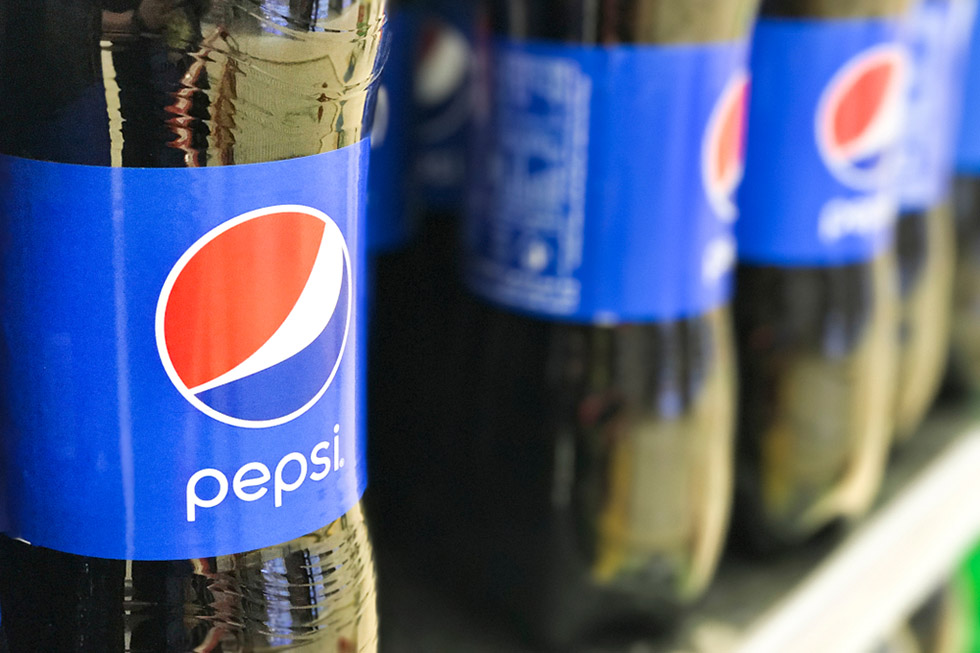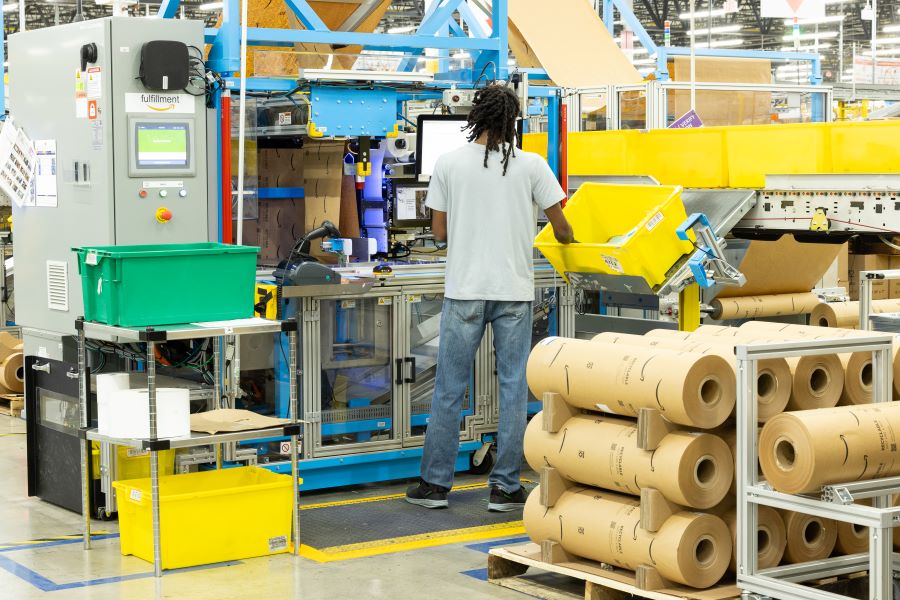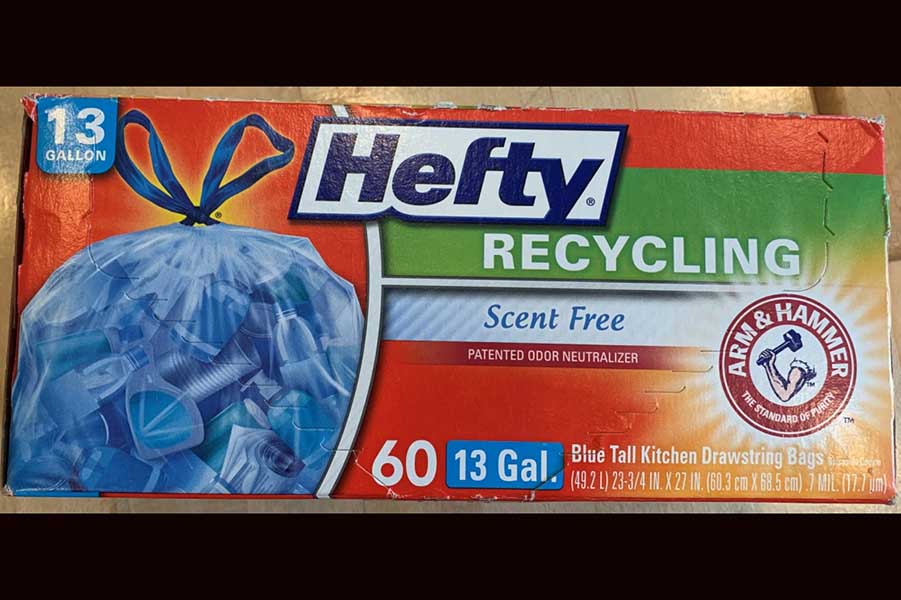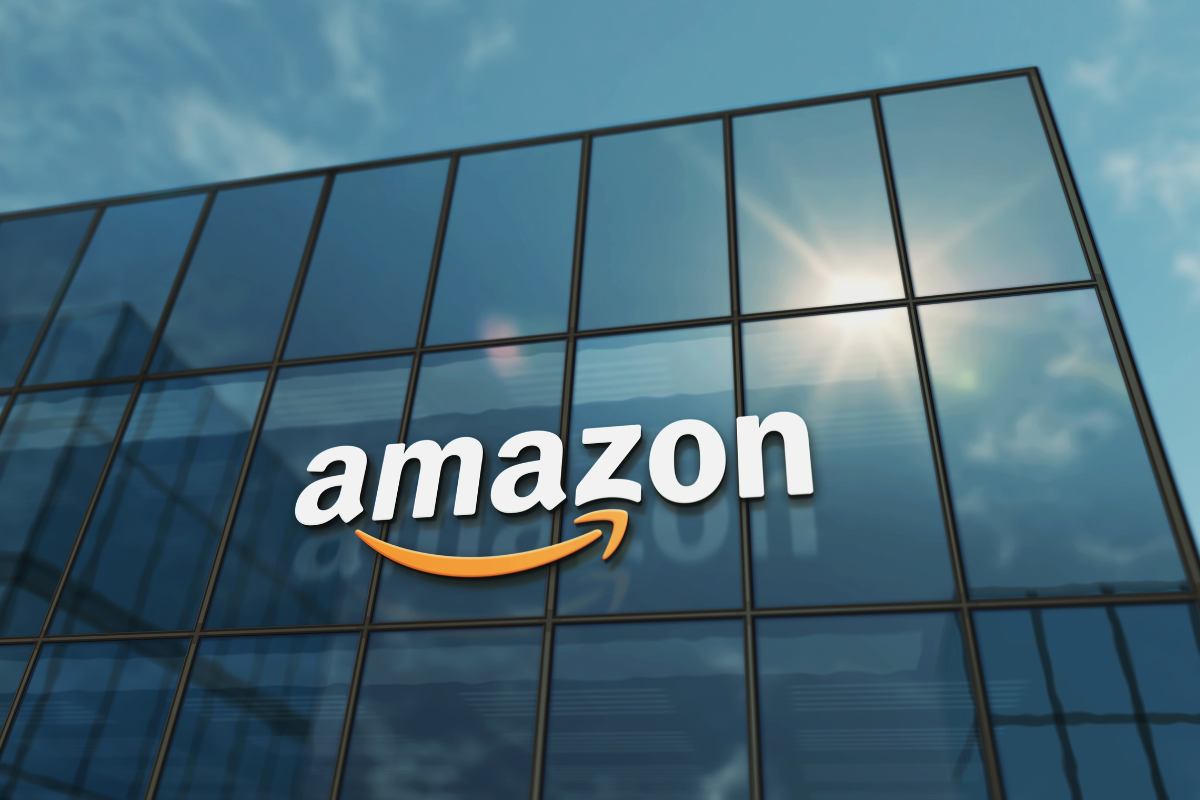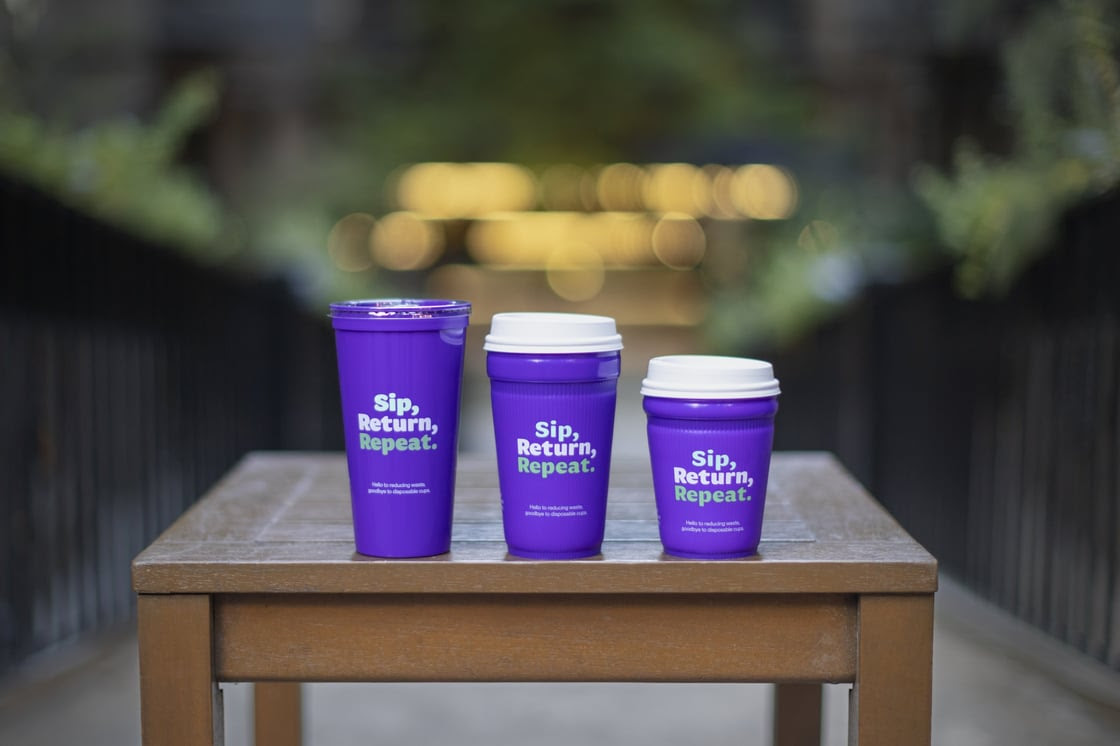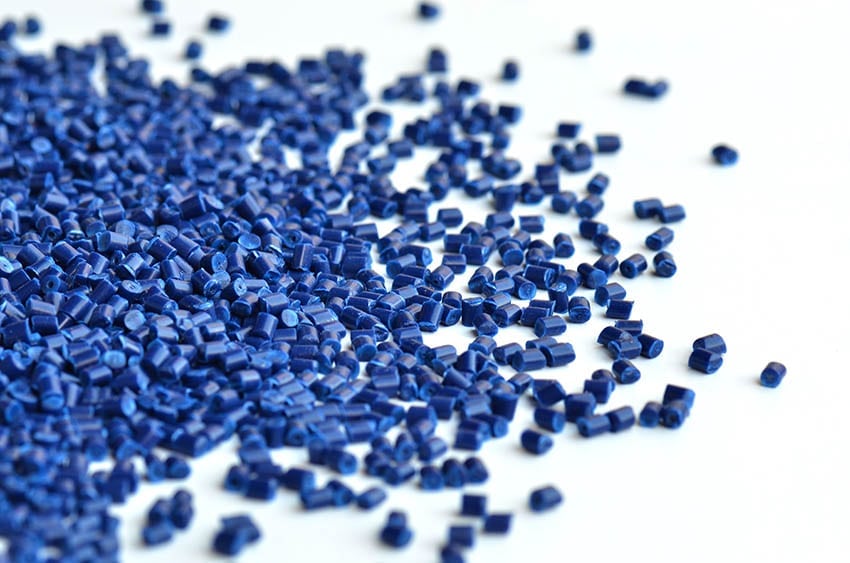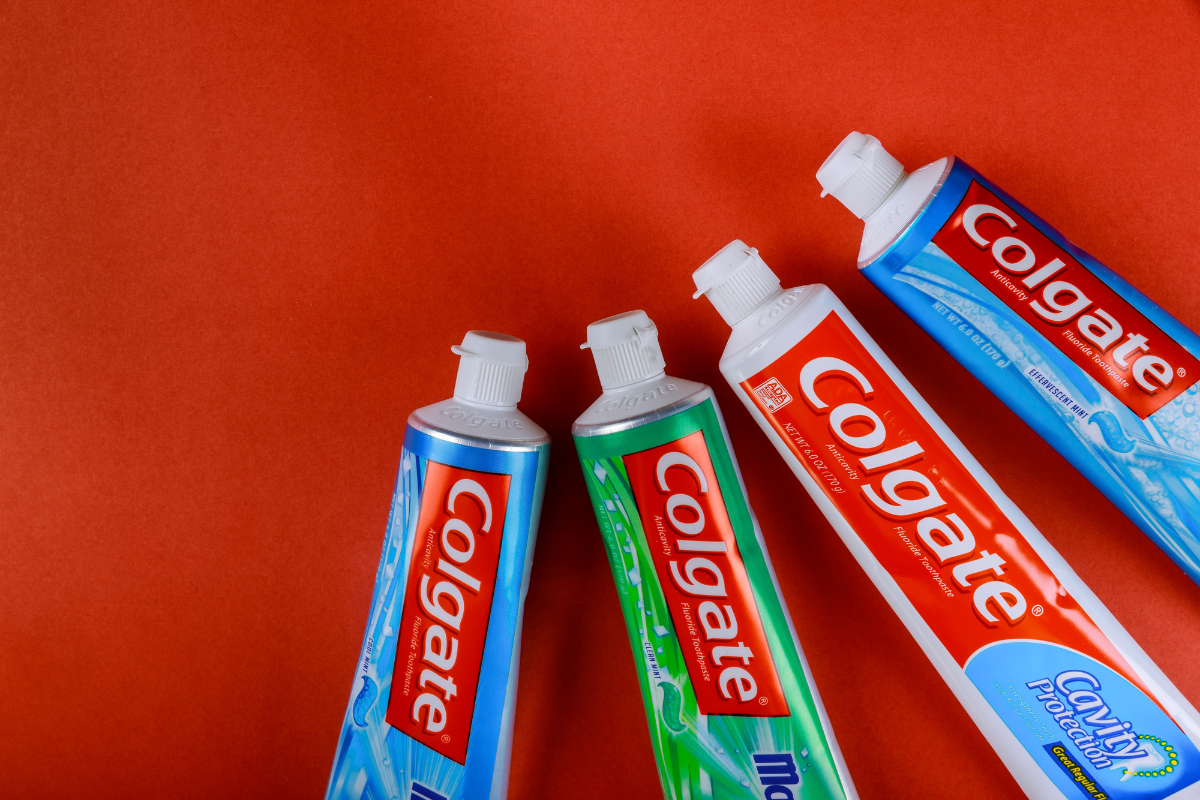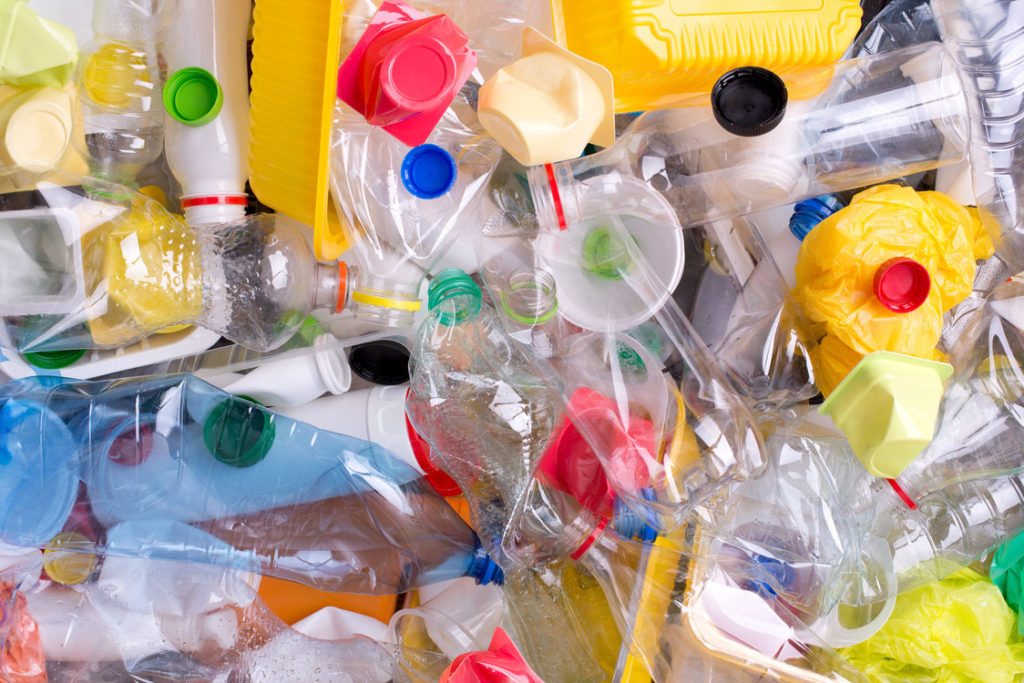
The largest brand owners in the world together used an average of 14% post-consumer resin in their packaging last year, a 2 percentage point increase over 2022. | Photka/Shutterstock
The Ellen MacArthur Foundation’s 2023 report indicated a year-over-year decrease in both virgin and overall plastic use from signatory companies. That came from companies incorporating more post-consumer resin, combined with lower overall consumer demand due to economic challenges.


